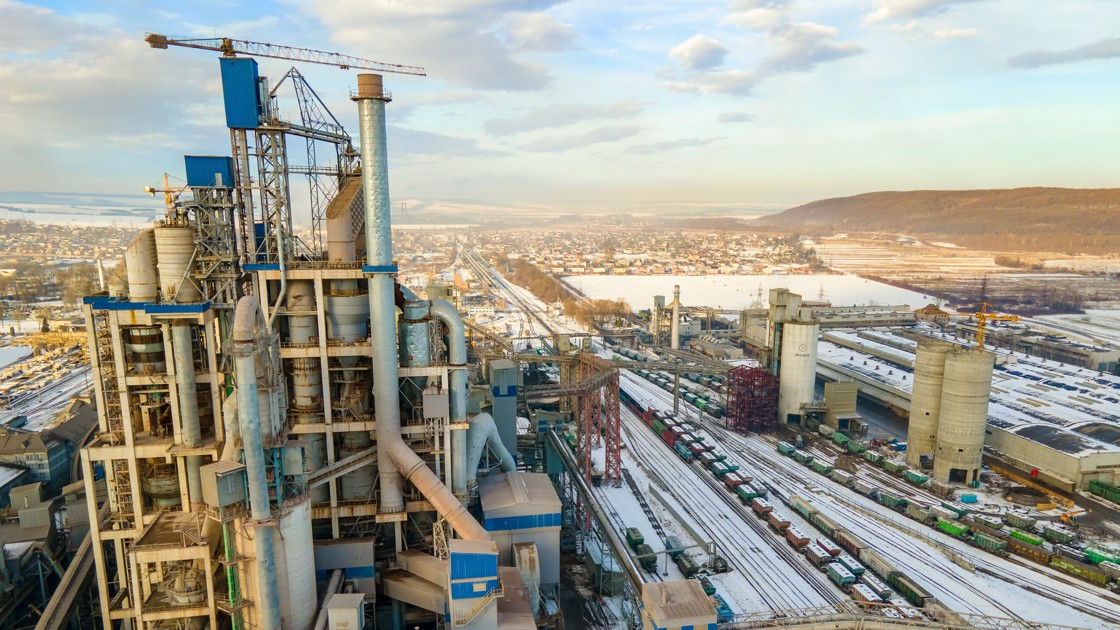Meeting in Thessaloniki ahead of the Mid-Term Conference, industriAll Europe's Executive Committee has taken a strong position on how a new European sustainable industrial policy must be framed. For many years, industriAll Europe has called for an assertive European industrial strategy, alongside ambitious net-zero climate and energy objectives, to ensure the maintenance and creation of quality jobs in transforming existing and emerging new industries. Finally, the European Commission and Member States have recognised the importance of industrial policy.
Driven as much by the need for greater industrial and energy sovereignty as by the colossal clean technology investment plans of other countries - notably the US's Recovery Act - the Commission proposed a new Green Deal Industrial Plan in February 2023. This was followed in March by draft regulations to stimulate the development of clean tech industries in Europe (NetZero Industry Act) and to address the critical raw materials on which they depend (Critical Raw Materials Act).
Alongside these initiatives, a debate is raging in Europe about how to provide the investment needed for a green industrial renaissance. However, today's investment levels, which are twice as low as in 2000, are too low to sustain the necessary industrial transformation. IndustriAll Europe insists that fiscal rules should leave sufficient room for manoeuvre to finance the twin transitions. A return to austerity would be disastrous both for industrial workers and for the EU's green industrial ambitions.
As argued in our Just Transition Manifesto, industriAll Europe believes that we need an EU legal framework to anticipate and manage a Just Transition.
In addition, public money must come with strong social conditions. The provision of public funds to private companies must be conditional on a set of social and environmental requirements that fit and respect the specific labour market models across Europe. Public subsidies, whether from national budgets or from EU funds, must be linked to companies' performance on the rights of workers to join or form trade unions, on collective bargaining and on information and consultation with workers and their trade unions.
This new position paper addresses both our political analysis of the overall plan and the specific proposals put forward, which raise concerns about the scope and strength of social conditionalities, the risk of deregulation, the coherence with cohesion objectives and the impact on human rights both in Europe and in third countries.
